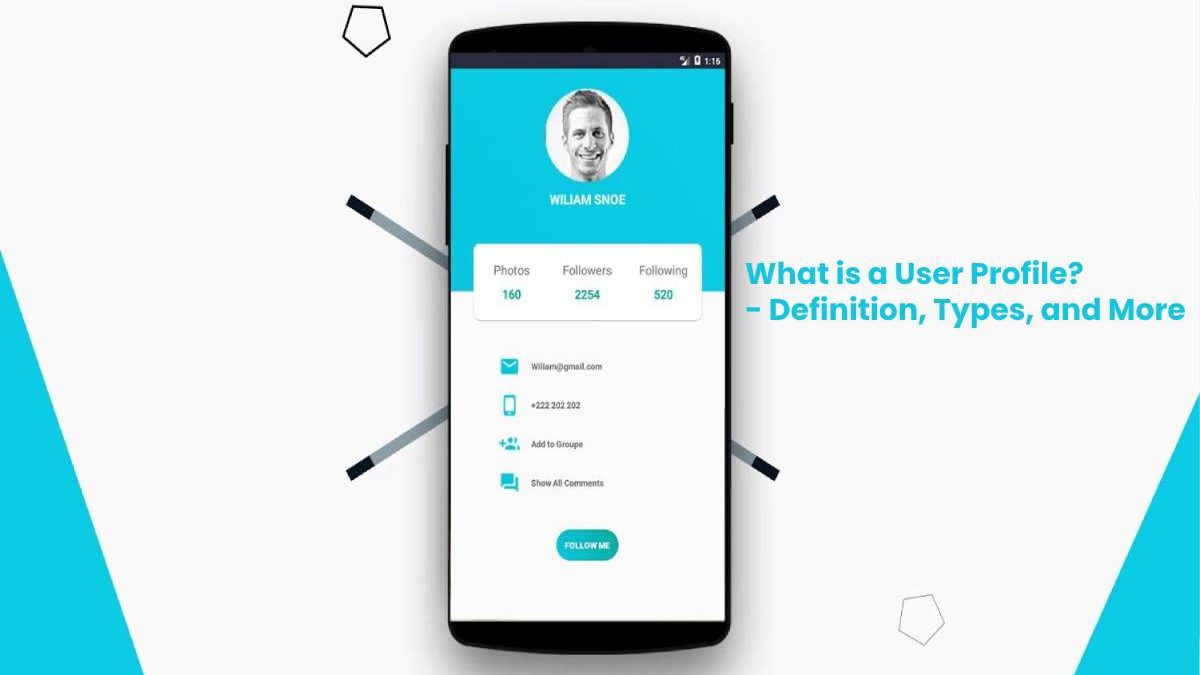Table of Contents
User Profile Definition
In system administration, a User Profile is a configuration of a user account with an operating system, a computer network or website processing.
This data is managed centrally in a unique directory (collection point).
The user profile of computers contains the user rights of one or more users and their settings.
It is a profile that Dragon loads by default at startup. It is only essential if you have multiple user profiles in Windows.
How do User Profiles work?
- If a profile deletes, Windows creates it again as soon as the user logs on to the computer again.
- All user settings are reset to the default when deleted, the profile is created again and is accordingly empty.
- Application-specific data save in the “AppData” folder. This folder contains the three subfolders: Local, LocalLow, and Roaming.
What are the different User Profiles?
There are generally three different types of user profiles.
local profile
The local profile loaded the first time the user logs on and saved locally on the PC.
server-based profile
The server-based profile is an administrator on the server stored. When the user logs on to a PC, the profile automatically loads from the network. When the user logs out, the changes in the profile saved on the server.
mandatory profile
A mandatory profile (also often referred to as a mandatory ) is a profile that does not save any changes. The administrator created this profile and only changed by the administrator.
What are User ID and Passwords in [User Profile]?
User ID
- User Profiles protected by a user ID and a password. To significantly increase security, and the user ID should also treat as non-public information.
- In particular, email addresses and schemas such as the first name, lastname should be avoided.
Password
- The use of secure passwords can achieve in that the user system does not accept every password desired by the user and stipulates rules and checks their compliance.
- In general, passwords from simple dictionary words, personal details (name, birthday, etc.), and should avoid simple combinations of numbers.

